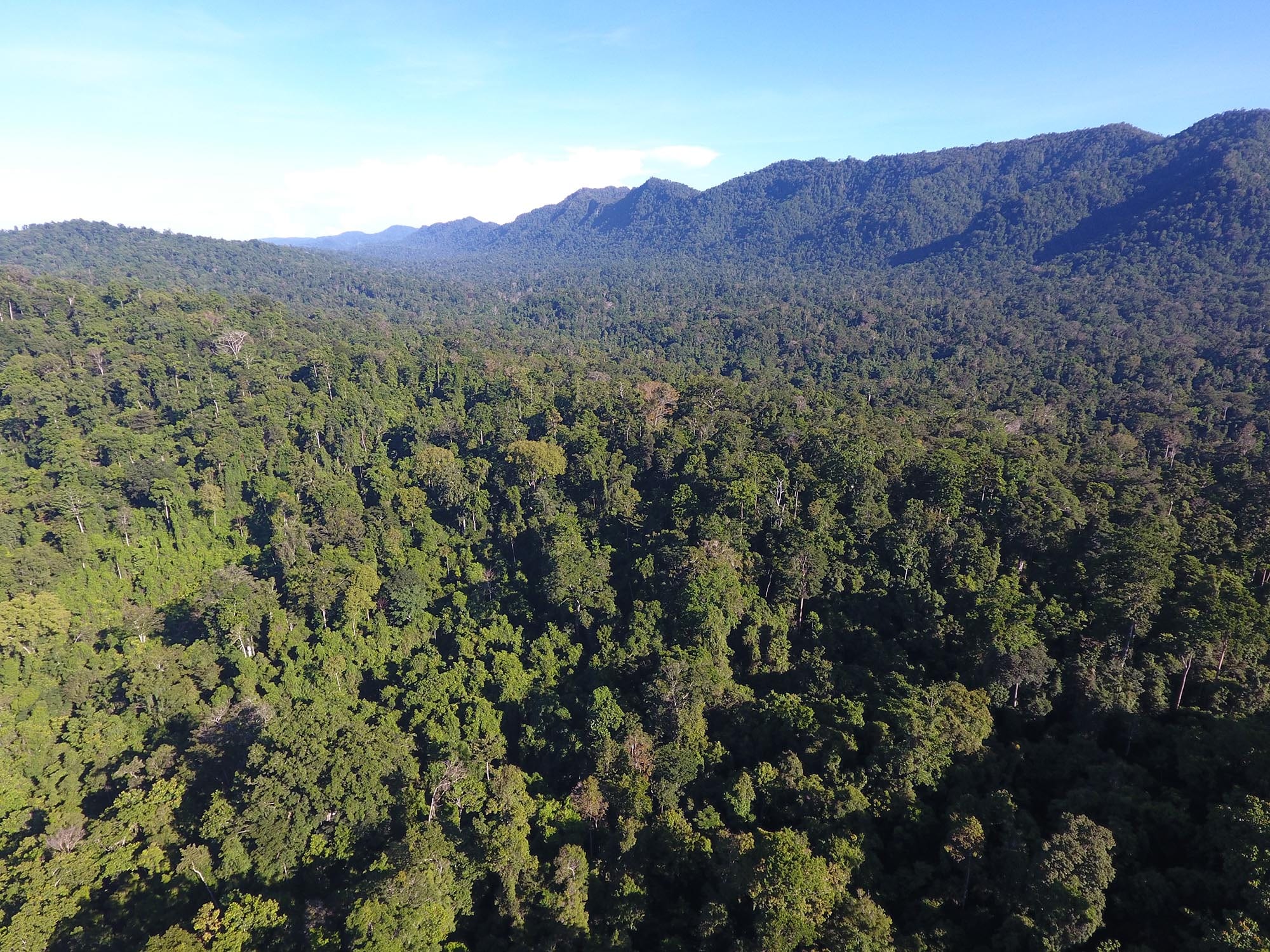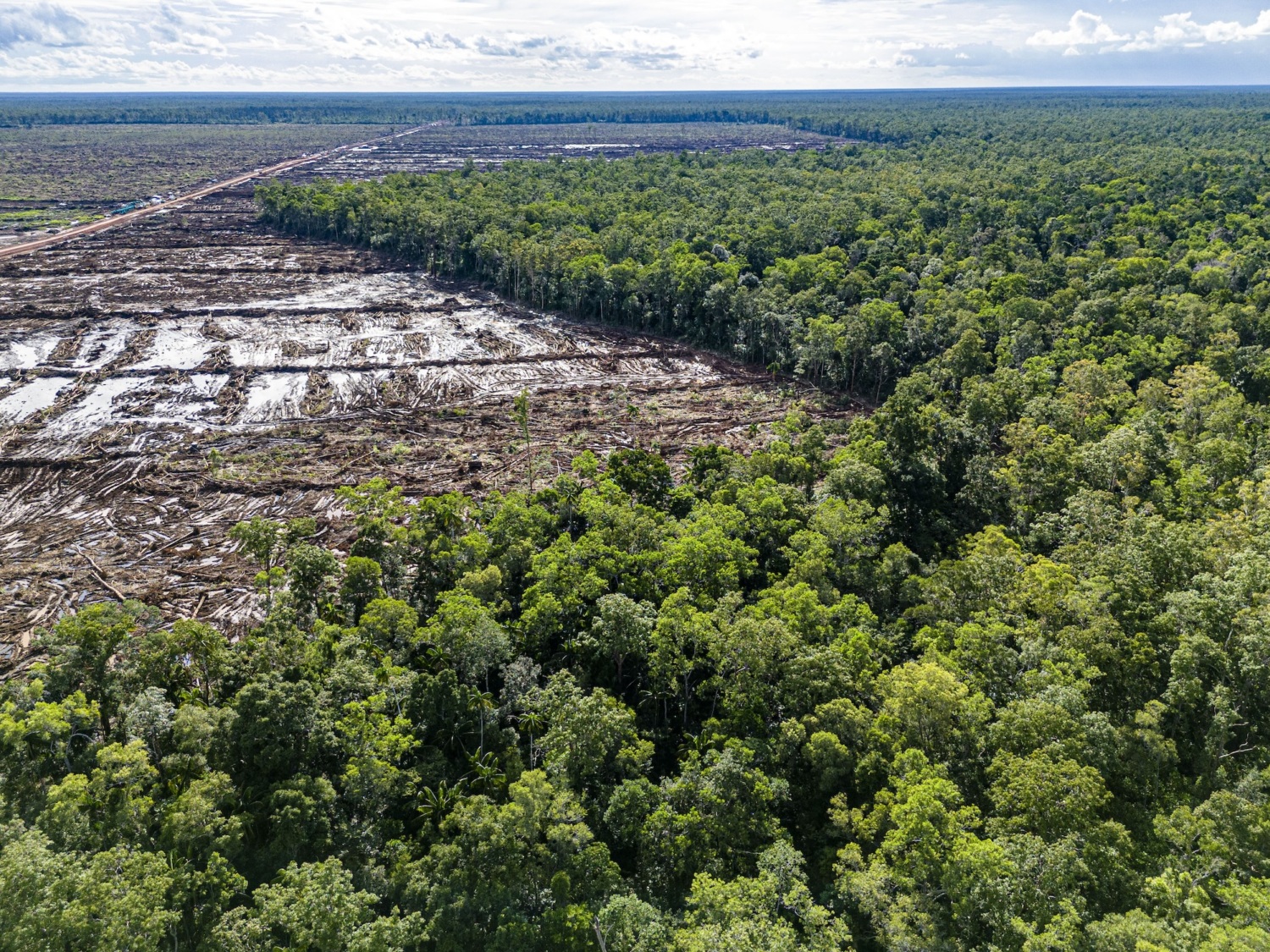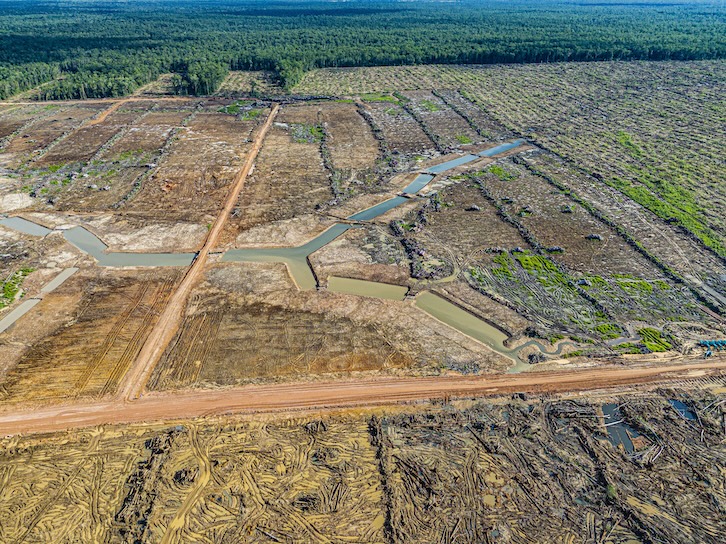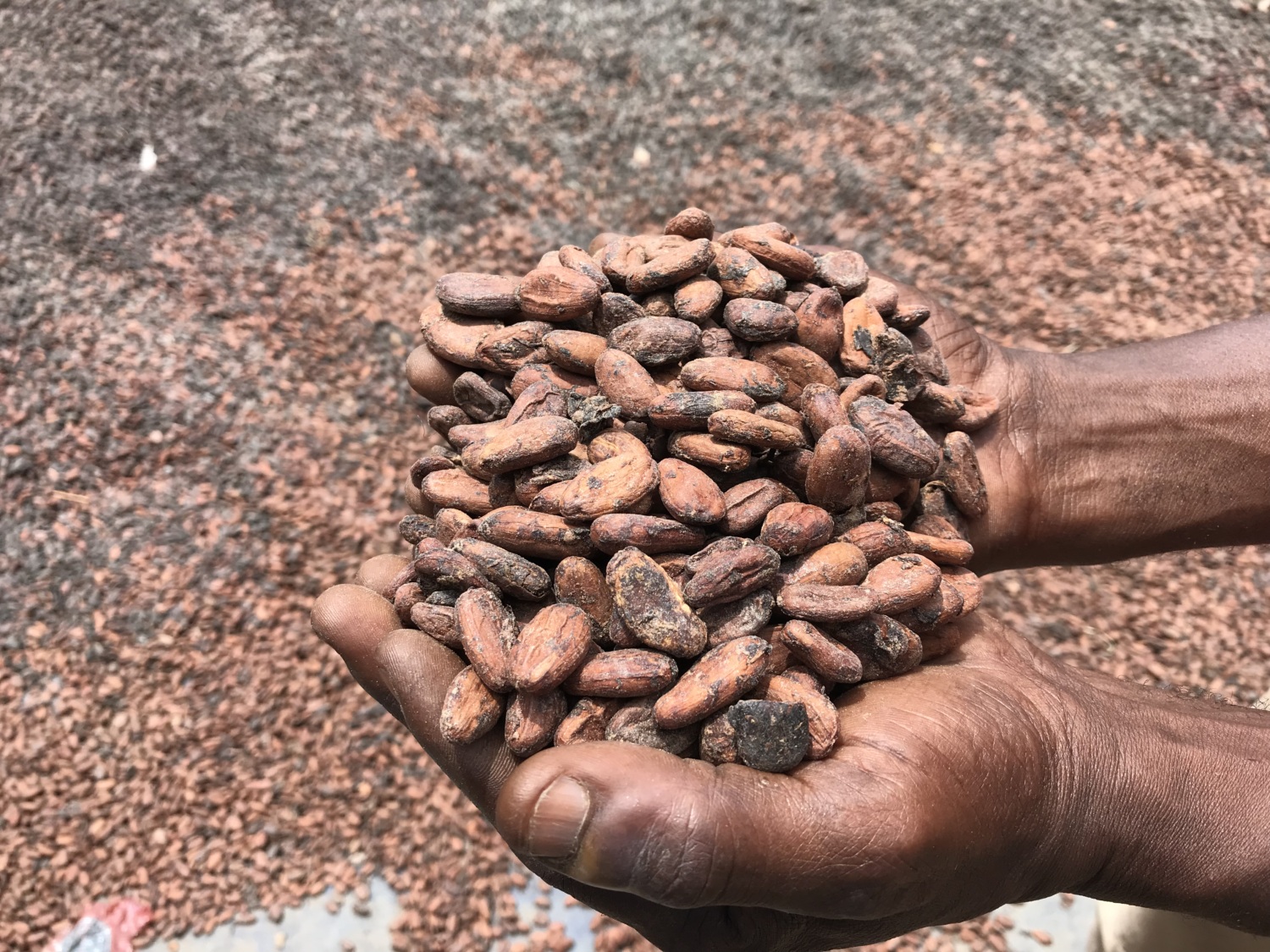
Korindo Announces Moratorium on Forest Clearing for Palm Oil Concessions But Critical Questions Remain
Korindo has recently taken the positive step of announcing land clearing moratoria for all of its palm oil operations, following discussions with its global customers. On December 1st, Korindo’s subsidiaries PT Papua Agro Lestari (PT PAL) and PT Gelora Mandiri Membangun (PT GMM) announced in Indonesian newspapers a moratorium on new land development until they finalize High Conservation Value (HCV) and High Carbon Stock (HCS) studies. Korindo states that the moratorium will apply to the undeveloped areas of both concessions, which total 36,000 ha in PT PAL and 4,500 ha in PT GMM. This follows an announcement by Korindo’s PT Tunas Sawaerma in November that it is placing a moratorium on new land development for its three subsidiaries. Korindo also stated in a letter to Mighty that it has applied for membership to the Roundtable on Sustainable Palm Oil (RSPO)- an industry certification body that requires a base level of environmental protections and some transparency, but still does not prevent deforestation.
This is a very welcome development that, if implemented, buys time for the 75,000 hectares a of forests remaining in Korindo’s palm oil concessions. However, critical questions remain about how Korindo plans to enforce and independently verify adherence to its moratorium, whether it will use credible HCV and HCS assessors, and whether it will adopt the High Carbon Stock Approach (HCSA), widely regarded as the industry standard for assessing responsible land development. Furthermore, Korindo continues to lack transparency, which makes it impossible to know whether it is following through on its commitments. Rather than its current piecemeal approach, Korindo should codify its commitments into a comprehensive group-level, cross-commodity policy, developed through stakeholder engagement.
Importantly, Korindo has not expanded these commitments to its extensive plywood and logging operations, which are known to have been damaging on a vast scale. Despite misleading claims that its wood products business is certified by the Forest Stewardship Council (FSC), in reality, only one of its seven logging and timber concessions is certified, and that certification was suspended from November 2015 to February 2016 due to illegal fires on the concession. Indeed, the extent of Korindo’s deforestation over the past five years would put it in violation of its commitments to the FSC.
Even if Korindo follows through on the moratorium, critical issues remain in its palm oil production. It has yet to cease operations on the customary lands of local communities in North Maluku and to return those lands to the community or resolve its conflicts with community groups in Papua. It has failed to issue a public grievance procedure, develop comprehensive policies on human rights, labor rights, or clarify if and how it will respect the right of local communities to give or withhold their Free, Prior and Informed Consent to development on their land. Furthermore, Korindo has not addressed its legacy of serious environmental harm by investing in extensive restoration.
We urge Korindo to build on these initial steps by immediately taking these additional essential actions, as delineated in the recommendations in the Burning Paradise report. In the meantime, we are continuing our campaign. Buyers and investors should be aware that Korindo is still far from meeting the benchmark for responsible production and that doing business with Korindo still entails a high risk of exposure to deforestation in their supply chains. But with strict adherence to the moratorium and a rapid adoption of these recommendations, Korindo has a chance to reverse course on the egregious issues in its operations. Mighty and our allies will be meeting with Korindo at the end of the month.


